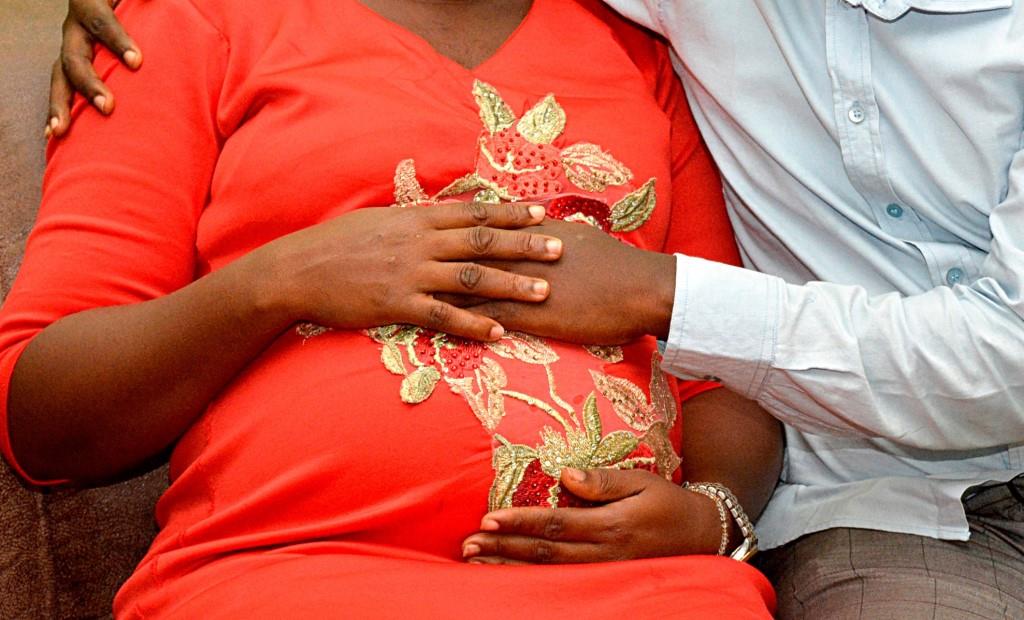Miscarriage, also known as spontaneous abortion and pregnancy loss is a common occurrence in approximately 15-25% of pregnancies.
The majority of sporadic losses before 10 weeks gestation result from random numeric chromosomal errors. On the other hand, recurrent pregnancy loss (RPL) is a distinct disorder characterised by two or more failed pregnancies. Less than 5% and 1% of women experience two and three consecutive pregnancy losses. The definition, investigations, and management of RPL are one of the most argued topics in gynaecology.
The challenge for clinicians is to differentiate a sporadic miscarriage from RPL. Self-reported pregnancy losses by patients may not be accurate. For the academic purposes of determining whether evaluation for RPL is appropriate, pregnancy is defined as a clinical pregnancy documented by ultrasonography or histopathological examination. Ideally, three or more losses should be used for epidemiological studies while clinical evaluation may proceed following two first-trimester pregnancy losses.

Add Your Comment